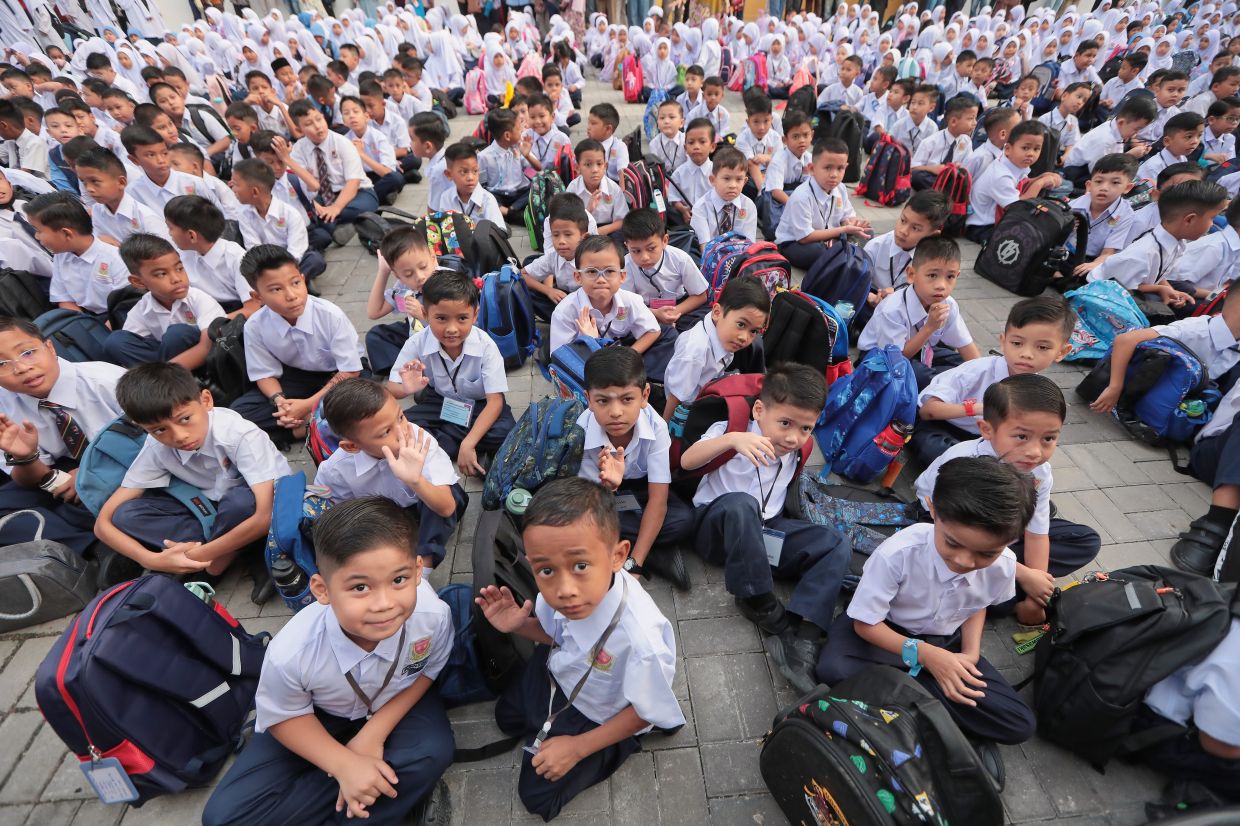
Fewer landings: Workers unloading seafood at an enterprise in Pulau Ketam. — KK SHAM/The Star
KUALA LUMPUR: The livelihood of fishermen in the country is on the line as the hotter weather has drastically reduced their catch, affecting national food security.
Described the “twin silent killers”, climate change and ocean acidification have caused a significant decline in fish landings on a year-to-year basis and experts are calling for speedy measures to remedy the situation which is also affecting the aquaculture or caged fish and prawn farming industry.
The volume of fish landings in Malaysia amounted to 1.31 million tonnes in 2022, down from 1.32 million tonnes in 2021, said director-general of the department of fisheries (DoF) Datuk Adnan Hussain.
The overall national fish landings in 2020 stood at 1.38 million tonnes.
“This is a serious issue. It is clear that a downward trend is truly happening right now. Hence, we need to act fast to address the problem. We have to think about the welfare of 116,000 registered fishermen in the nation who rely heavily on fishing for their livelihood,” he told Bernama.
The country’s food security is at risk of being affected when oceans become warmer and acidified due to the increasing amount of carbon dioxide emissions in the upper atmosphere, he said.
Reflecting the adversity caused by global warming, Adnan said that a large number of pallergic fish (fish that live on the surface of the water oceans) such as kembung (mackerel) and selayang (round scad) had been reported to migrate to cooler oceans due to the warming of the seas.
“When fish flee from their original zone or habitat that is typically the area focus of the fishermen, it actually makes it more difficult for the fishermen given that they are forced to expand the reach of the fishing area in comparison to the fishing zone or region where they usually catch. This could possibly be one of the reasons why some of our fishermen have reported an overall reduction in their catch,” he said.
At the same time, coral reef bleaching due to a change in climate can also pose a threat to fish population because the reefs are a breeding and nursing ground for them.
Besides fishermen, individuals in the aquaculture business, especially those engaged in fish and prawn breeding in cages, have also been badly affected by climate change.
The recent red tide phenomenon had affected numerous states including Penang and Perak, causing significant economic losses to local enterprises.
Adnan said the DoF has developed and adopted different mitigation techniques to ensure that the fisheries and aquaculture industries can remain resilient to the effects of climate change and global warming.
“We must prepare early to face any adverse possibility. In the long run, we will cut the number of trawler boat vessel licences issued and will only keep the current number of 64,000 boat vessels. This means that no new boat vessel licences involving fishing zones of 30 nautical miles or less will be issued.”
On Budget 2023, Adnan said the government is assisting fishermen who may see a gradual decline in fish catch given the effects of climate change and an upsurge in the cost of living.
“A total of RM2.6bil has been allotted in this budget for rice farmers and fishermen in the form of subsidies and incentives. Fishermen would also get a RM300 monthly subsistence allowance and a Fisherman’s Catch Incentive of up to RM1,000 per month, as well as RM10mil to build new and restore old fishermen’s houses.
Meanwhile, Dr Ong Meng Chuan, an associate professor at Universiti Malaysia Terengganu’s (UMT) Faculty of Science and Marine Environment said: “In Malaysia, almost all industries use fossil fuels to power their machinery and facilities, which is why I emphasise how tough it is to manage them because the industries are critical to national development.
“However, one of the immediate and appropriate alternative measures is to reduce the intensity of open burning cases. I support the government’s decision to activate the National Open Burning Action Plan on April 2. If the government can raise the value of existing compounds or suits, it will undoubtedly scare the public from doing so,” he said.
Ong also urged the government to explore more initiatives regarding the utilisation of electric vehicles (EVs), which are scientifically proven to conserve more energy and emit less carbon dioxide.
“If it can be implemented within a few more years, we will certainly be able to control the amount of CO2 in a progressive way. This will ultimately reduce the burden of ocean water from absorbing it and restabilise the pH level of seawater to a normal level that is clinically safe for the underwater environment in the near future,” the oceanography expert said.





































